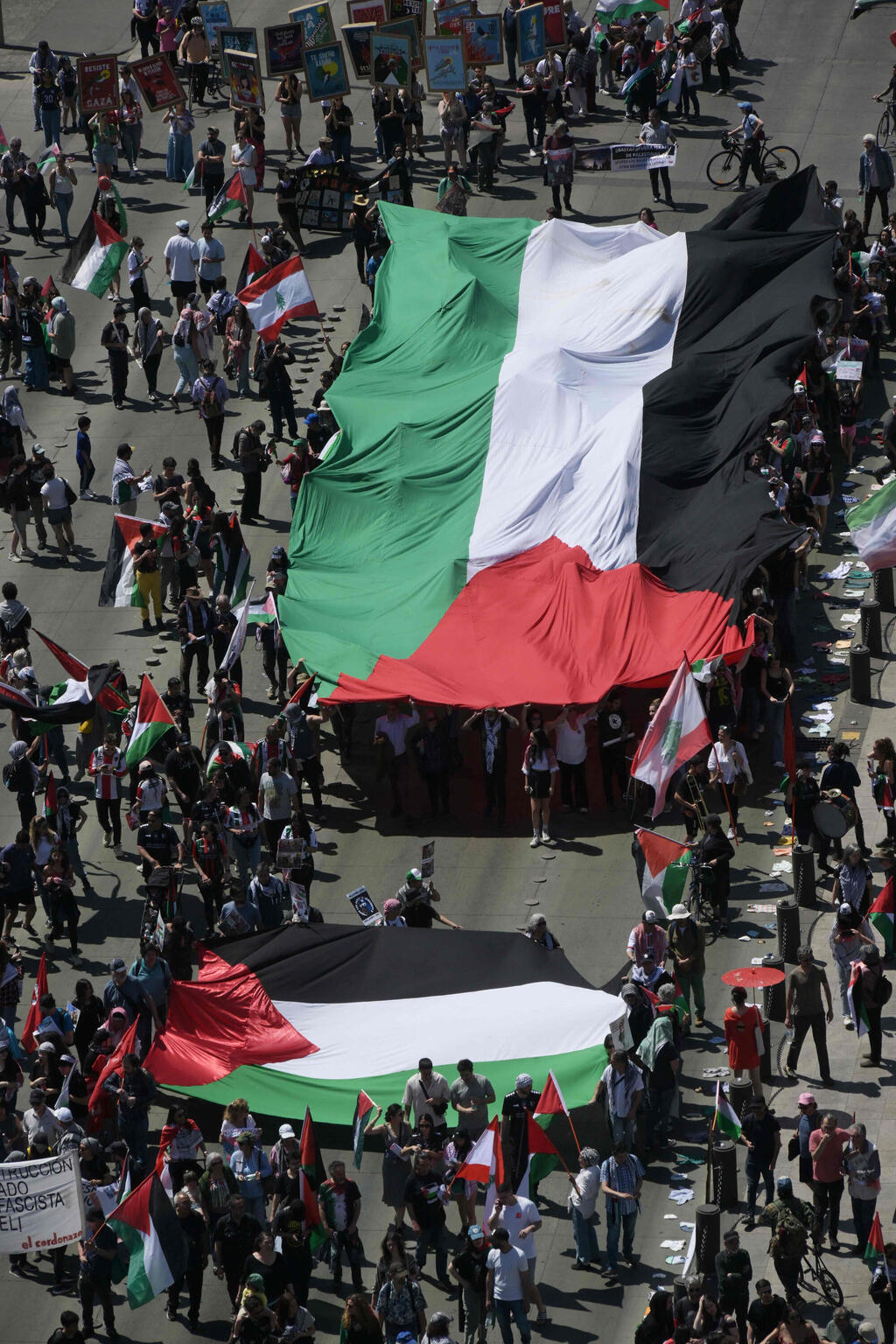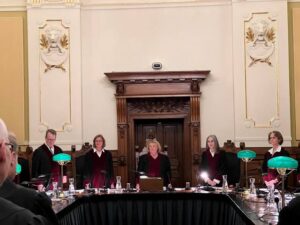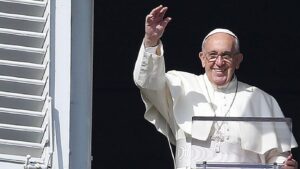“Chile no puede permitirse importar este conflicto”: Legisladores y líderes comunitarios chocan por la política hacia Israel… Leer más
In Chile, a nation with the largest Palestinian diaspora outside the Middle East, the Israel-Hamas conflict has ignited intense domestic debates, revealing deep divisions among lawmakers and community leaders over the country’s foreign policy stance.

Government’s Firm Stance
President Gabriel Boric has taken a resolute position against Israel’s military actions in Gaza. In a speech to lawmakers, he condemned the humanitarian devastation, particularly the impact on women and children, accusing the Israeli army of using “indiscriminate and disproportional” force. Boric emphasized that such acts demand a firm and permanent response from the international community .
Chile has joined a group of nations supporting a genocide case against Israel filed at the International Court of Justice (ICJ) by South Africa. This move aligns Chile with countries like Mexico, Brazil, and Indonesia, rallying behind South Africa’s petition .
Domestic Political Divisions
The government’s stance has not been without controversy. Opposition leaders, particularly from the far-right, have criticized Boric’s position. José Antonio Kast, a prominent opposition figure, argued that Hamas would “celebrate” Chile’s position, suggesting that the government’s actions could be seen as supportive of terrorist organizations .
Within the government, there have been debates over the balance between condemning Hamas’s attacks and criticizing Israel’s military response. Some lawmakers have expressed concern that the government’s strong stance against Israel could strain diplomatic relations and impact Chile’s international standing.
Community Responses
Chile’s significant Palestinian community, estimated at around 500,000 people, has been vocal in its support for the government’s actions. Community leaders have organized protests and benefit events to raise awareness and support for Palestinians in Gaza. For instance, a benefit concert was held in Santiago to raise funds for hospitals in the Palestinian territories and express solidarity with civilians in Gaza .
Conversely, the Jewish community in Chile, though smaller, has expressed concern over the government’s stance. Some members feel that the government’s actions could lead to increased antisemitism and strain the historically peaceful coexistence between Jewish and Palestinian communities in Chile.
International Implications
Chile’s position has placed it at odds with traditional allies, including the United States. The U.S. State Department has expressed disapproval of Chile’s support for the ICJ case against Israel, viewing it as part of a broader movement that unfairly singles out Israel .
Despite potential diplomatic repercussions, President Boric has maintained that Chile’s foreign policy is guided by a commitment to human rights and international law. He has emphasized the importance of a two-state solution and the need for both Israel and Palestine to coexist peacefully within mutually agreed-upon and internationally recognized borders .
Conclusion
The Israel-Hamas conflict has become a polarizing issue within Chile, reflecting broader global debates over the Middle East. As the government continues to navigate its foreign policy, balancing international commitments with domestic sentiments, the situation underscores the complexities nations face in addressing international conflicts while maintaining internal cohesion.













Post Comment